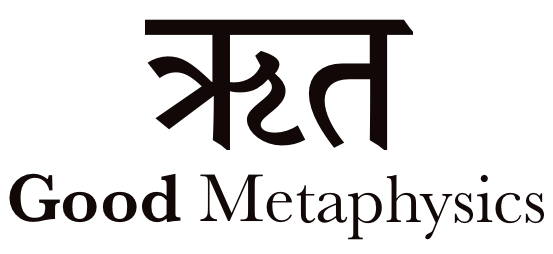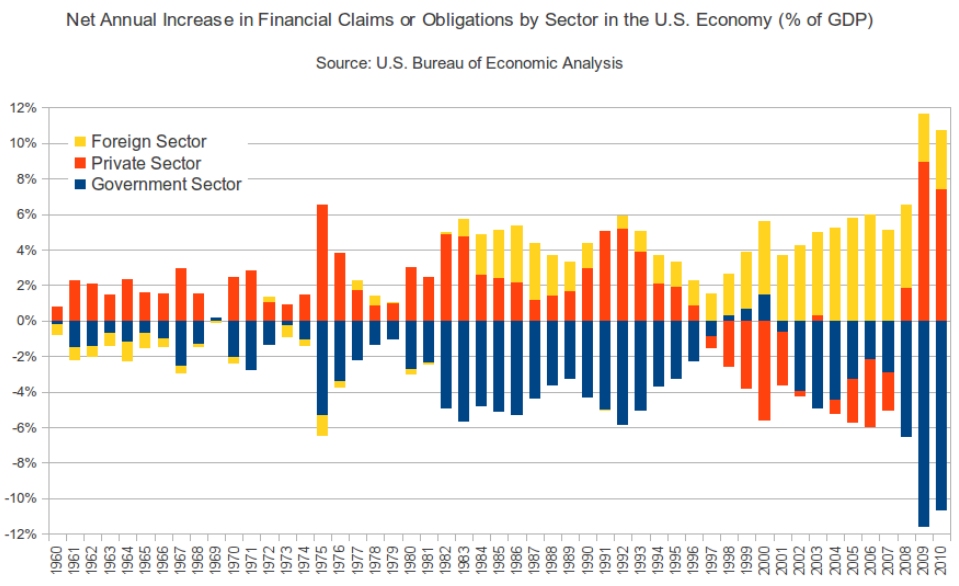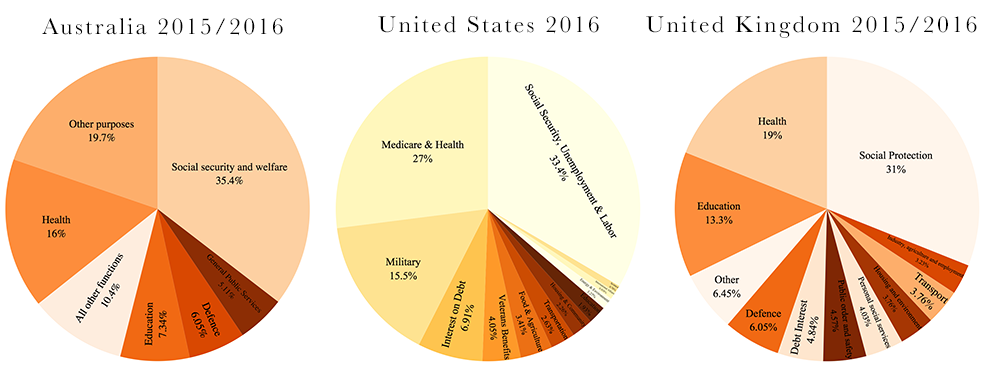The Evil of Disregarding Climate Science
The MOQ is a beautiful intellectual framework. As an intellectual framework, it uniquely shows that it’s both immoral and illogical to not change our behaviour in response to global warming. Traditionally, the argument to change our behaviour goes something like this:
“We are running a dangerous experiment to see how much CO2 we can pump into our atmosphere. At its worst, global warming threatens the existence of mankind. The right thing to do is to heed the dire warnings of climate scientists. They speak of rising water levels and increasing global temperatures. With these increasing temperatures and rising water levels, mankind may be no longer able to survive. So we should, we must change our behaviour.”
This argument has many opponents however. From those in power who like things the way they are to those co-opted by power with bogus arguments about the validity of the science.
That’s because, without the MOQ, climate change opponents and even proponents are easily able to question the validity of truth and scientific fact. They are also easily able to immorally question the content of those facts for their own monetary gain.
With the MOQ however, we can make the argument for change much stronger. With it – the issue of climate change becomes not only a matter of fact but as a matter of quality. It does this by showing that not only is it moral to change our behaviour, but it’s evil not to. An MOQ argument for changing our behaviour follows:
“If we don’t value the biological quality of the life in our oceans and allow inorganic particles of CO2 to fill our planet. Then allowing this lower level to subsume the higher level is immoral. If we allow the social values of money and power to trump the intellectual truths of scientists explaining the threat. Then this is immoral. The threat of CO2 winning in the fight against life on earth is very dire. Biological quality is necessary for the social and intellectual quality of human beings to exist. Without it, the existence of these two levels is at risk. The moral thing to do then is to act to no longer allow CO2 to win its fight against biological quality. The moral thing to do is to follow what makes sense intellectually and not succumb to social greed. The moral thing to do is to change our behaviour in response to Global Warming.”
This is the unique thing about the MOQ. With the MOQ we can reject excuses of cultural relativism or scepticism about the existence of truth. We can call out paid arguments for the non-existence of global warming as the evil that they are. And we can logically say that responding to global warming is moral. This is true not just for some people in some such a place and time, but for all people -everywhere. And that’s very powerful.









